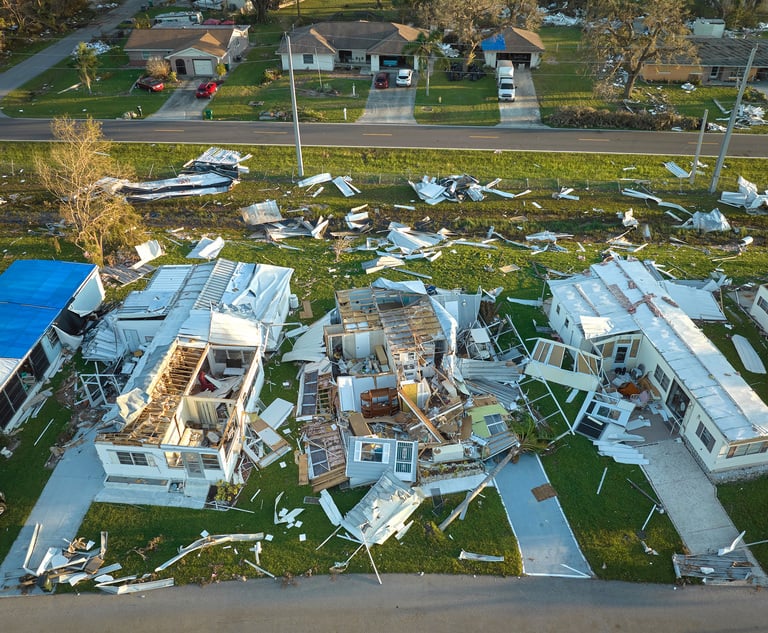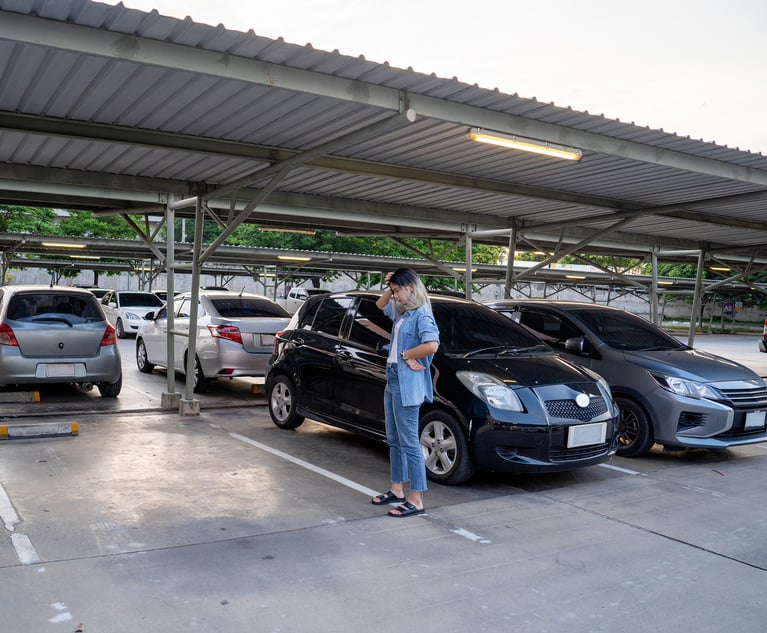Insurers are faced with a rather daunting challenge when itcomes to compliance issues.
|As a general matter, they're subject not only to all the lawsand regulations that every other business is subject to, butthey're also subject to special insurance-specific laws andregulations applicable to every part of the insurance function,including marketing and sales, underwriting and payment of claims.In addition, because insurers are regulated at the state level,companies that operate in a number of states can be subject to awide variety of standards in each state.
|The point here is not to feel sorry for insurance companieshaving this burden, but to recognize that compliance is indeed achallenge and that insurers should be allowed to engage inpractices that facilitate their compliance. This is especially truewhen one considers that the laws and regulations that insurers mustcomply with are generally meant to protect consumers.
|A particularly effective means of ensuring compliance is aself-audit. However, conducting such an evaluation carries its ownrisks if the product of the exercise can be used against thecompany in a lawsuit — particularly in costly class-actionlitigation.
|States enact privilege laws
|In recognition of this dilemma, a number of states have enacted“the self-evaluative privilege” for insurers providing that theproduct of a self-audit cannot be used against the insurer in courtproceedings.
|The general idea of self-evaluative privilege has its roots inthe medical field, where a court held that medical peer-reviewmaterials were not subject to discovery in litigation. Courts havealso recognized such privilege in the areas of employmentpractices, product liability and environmental practices. Courtshave generally not recognized the privilege for insurers, however,so its enactment has come about in the form of statutory enactmentsby legislatures.
|The first state to enact the privilege for insurers was Illinoisin 1997. Around that time, the issue was taken up by the NationalConference of Insurance Legislators, which adopted the InsuranceCompliance Self-Evaluative Privilege Model Act the following year.Since the adoption of the model, nine more states and the Districtof Columbia have enacted the privilege. New Jersey and North Dakotadid so in 1999, Michigan and Oregon in 2001, the District ofColumbia in 2003, Kansas and Texas in 2005, Hawaii in 2007, andOklahoma in 2012. Arizona became the latest in 2014.
|When New Jersey adopted the privilege, lawmakers included in thelaw the following legislative findings that do an excellent job ofexplaining the purpose of the privilege and providing solid groundfor other states to follow suit:
|The Legislature finds and declaresthat it is in the public interest for insurance carriers in thisState to conduct voluntary internal reviews and audits of theiroperations, practices and procedures for the purpose of discoveringand correcting any operations, practices or procedures which do notcomply with applicable law or regulation or which do not complywith recognized industry standards or with the insurance carrier'sown standards and for the purpose of preventing continuing and moreserious violations. However, if studies and reports beyond thoselegally required are available to third parties other thanregulators and potentially can result in the insurance carrier'sliability to such third parties, the insurance carrier may bediscouraged from making these additional efforts and from sharingthese results with regulators. A legal structure that promotesself-policing programs can achieve improved compliance effectivelyat less cost to the State and to the insurance carriers. Voluntarycompliance review, when properly conducted and implemented, resultsnot only in improved compliance with law, but in the adoption ofprocedures and policies by the insurance carriers that exceedminimum legal requirements, and that save money by benefitingcustomers, lowering costs and reducing potentialliabilities.
|NAIC consideration
|The National Association of Insurance Commissioners also took upthe issue and in 2000 adopted a white paper titled, “RegulatoryAccess to Insurer Information: The Issues of Confidentiality andPrivilege.” The paper was generally supportive of the privilege,noting the importance of internal compliance audits and statingthat the privilege “can be crafted so that it protects suchanalysis against third-party access while continuing to allow forregulatory access.”
|Thus, as a policy measure, the self-evaluative privilege forinsurers has been through thorough analysis by state legislatorsand regulators. Its adoption by a number of states is a favorabledevelopment; however, this experience suggests that states shouldadopt the privilege to promote compliance by insurancecompanies.
|We're on Facebook, are you?
Want to continue reading?
Become a Free PropertyCasualty360 Digital Reader
Your access to unlimited PropertyCasualty360 content isn’t changing.
Once you are an ALM digital member, you’ll receive:
- All PropertyCasualty360.com news coverage, best practices, and in-depth analysis.
- Educational webcasts, resources from industry leaders, and informative newsletters.
- Other award-winning websites including BenefitsPRO.com and ThinkAdvisor.com.
Already have an account? Sign In
© 2024 ALM Global, LLC, All Rights Reserved. Request academic re-use from www.copyright.com. All other uses, submit a request to [email protected]. For more information visit Asset & Logo Licensing.








